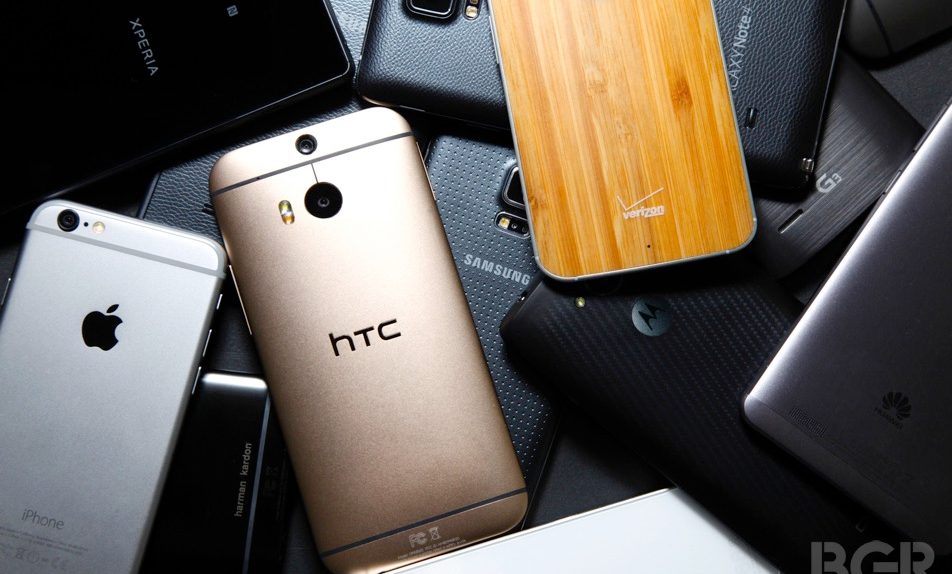More and more studies are looking into the potentially hazardous side effects of screen use on youngsters, from young children — who shouldn’t be given a tablet or smartphone for distraction purposes — to teenagers, who might develop certain sleeping disorders from too much smartphone, tablet, TV or console access.
A new study published in the BMJ Open journal now reveals that scientists have found out that the more hours teenagers spend looking at a device during the day, the less they sleep, and the longer it takes them to fall asleep.
DON’T MISS: Why you shouldn’t share your iPhone or iPad with your young child
The study was performed on 10,000 16- to 19-year-olds from Norway, finding that kids who used devices including smartphones, tablets, computers, consoles and MP3 players for more than five hours a day were 3.5 times more likely to sleep fewer than five hours at night, and 49% more likely to require an additional hour to fall asleep.
Teenagers need eight to nine hours of sleep.
Researchers are not entirely sure what causes these sleep disruptions. Light from electronic devices might be at fault, messing with the body’s bio clock, but other matters, such as using a device before falling asleep to fight boredom or anxiety related to actions performed on a smart device might also be to blame.
Subjects who used computers or smartphones in the last 60 minutes before sleep were 53% and 35% more likely to miss out on at least two hours of sleep, respectively. Similar, but smaller, risks have been associated with tablet, TV, console and MP3 player use.
Furthermore, other scientists have found correlations between sleep disorders at such young ages and future harms including obesity, lower grades in school and problems with alcohol and drugs in the future.
The full study is available at this link.




